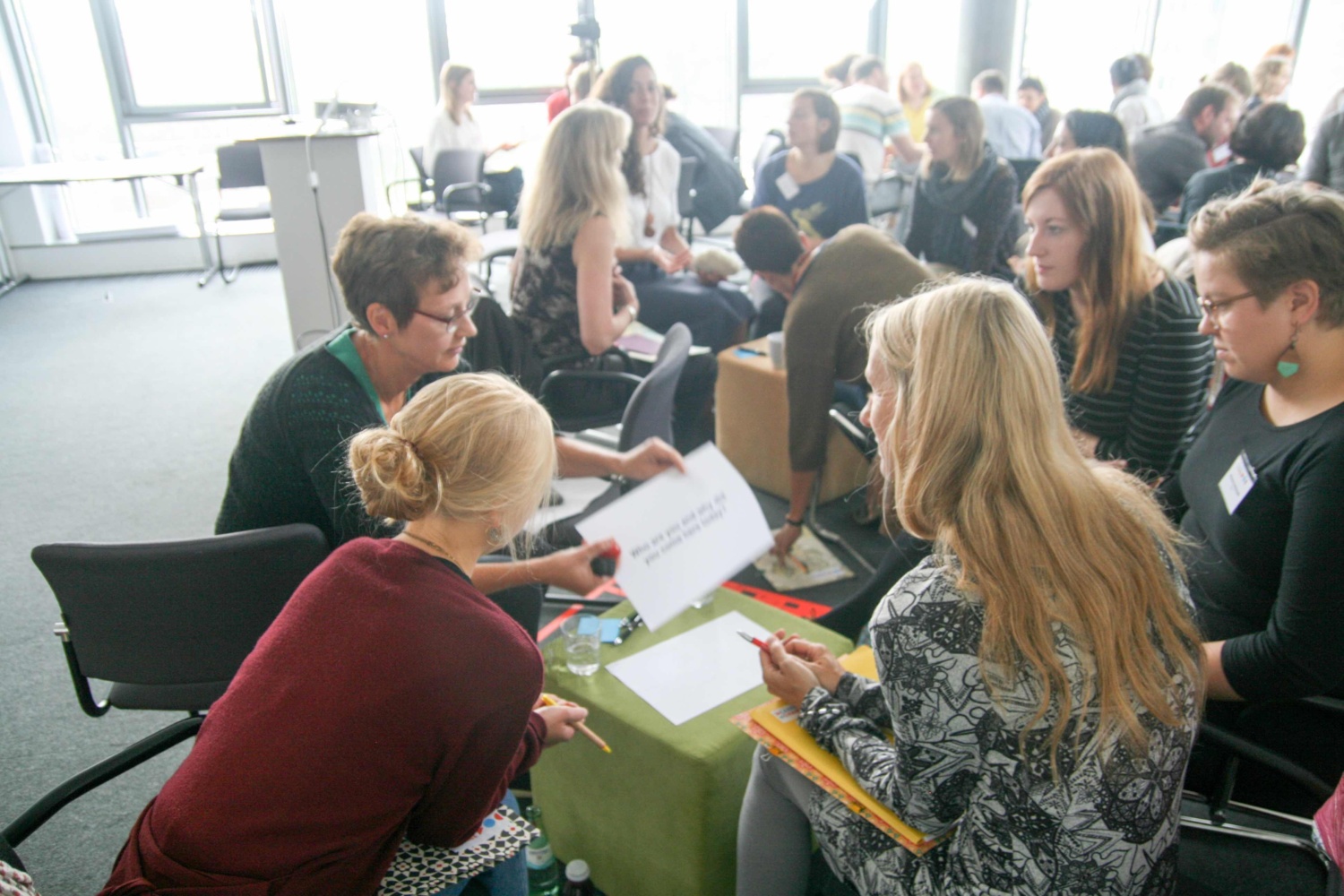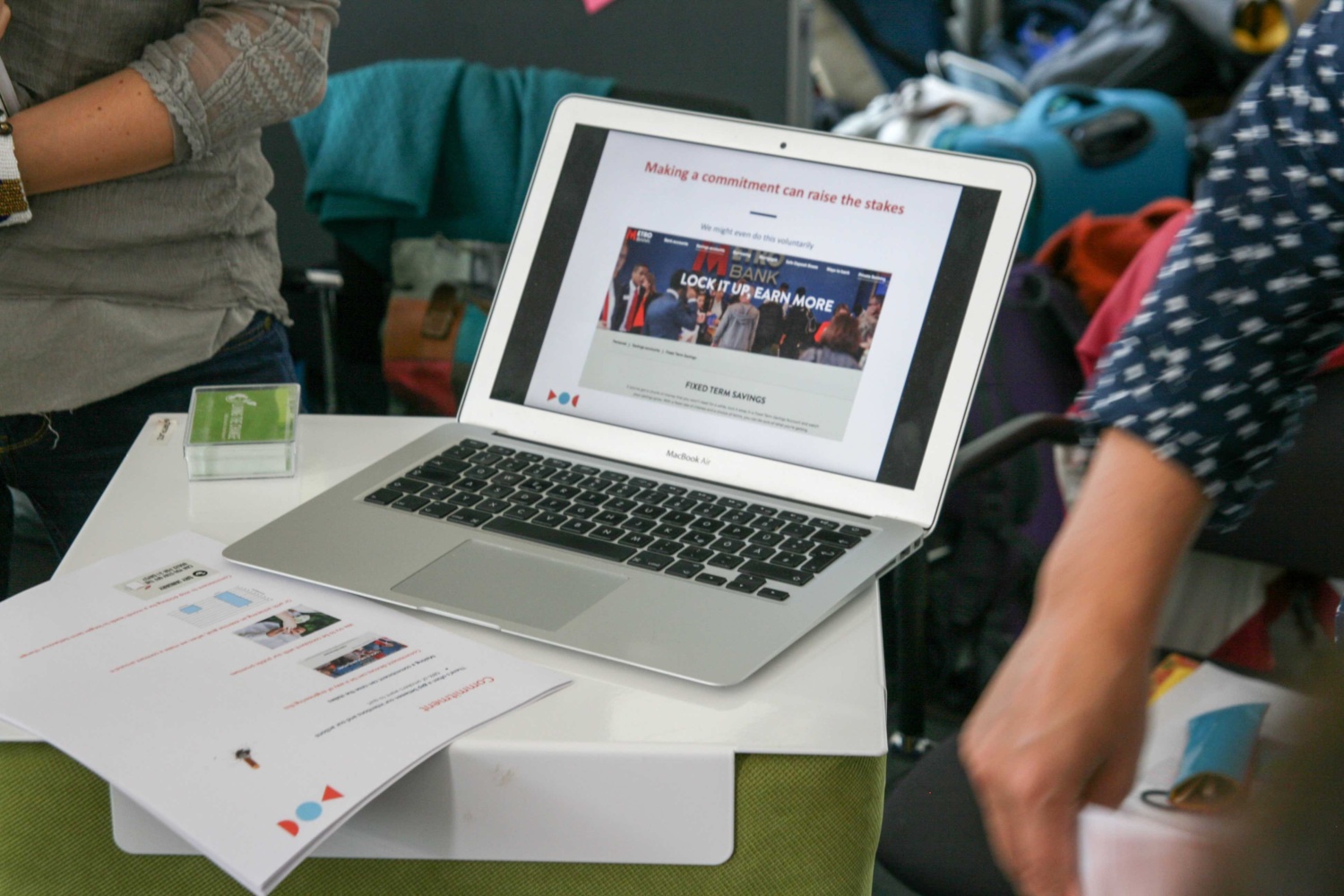Background
The Academy of Change supported practitioners from around the world working in NGOs working on climate change and sustainability. This unique training programme was designed to develop their understanding of the drivers of human behaviour and the different behavioural tools that can be used to create change. We have developed the Academy in partnership with German charity CSCP, with grant funding from KR Foundation.
Insight
As we transition towards a low carbon society, significant change will be required. Within that, sustainable behaviour change has a major role to play and the leadership of NGOs will be critical to make it happen.
In 2017, we asked some of the most influential NGOs working globally on climate change and sustainability worldwide about their views, current use, needs and opportunities when it comes to applying behavioural knowledge in their own work. Most NGOs said they don’t use behavioural insights in a consistent way, if at all, when planning and implementing their citizen-facing activities and that their organisations would benefit from a deeper understanding of the topic.

As NGOs already anticipate, the integration of behavioural insights into campaigns, projects and strategies has the potential to generate positive impacts, and the Academy of Change was created to meet this need.
Intervention
We designed the Academy of Change to be a unique professional development journey.
The programme was free to take part in, with four of the modules delivered via webinars and two held in the first year as workshops in Germany, (in the second/third years all online), providing people with the chance to meet and network with people from all over the world who are on a similar mission. A course website provides further learning materials including explanatory videos, presentations, podcast and articles.
We designed the content to systematically take people through the process of designing and implementing a behaviour change intervention, combining behavioural theory with hands on tools, creativity, practical advice, and additional insight from external guest speakers and fellow participants.

Content covered included:
- Module 1: An introduction to the concept of behaviour change and why it is important in promoting sustainable behaviours
- Module 2: The importance of insight, including innovative ways to understand and break down how people really behave
- Module 3: Behavioural theories and tools and their application in developing interventions to change behaviour
- Module 4: The practicalities of implementing behavioural interventions and the power of creativity in execution
- Module 5: The importance of robust evaluation and techniques to do so
- Module 6: The bigger picture of long term behaviour change, discussing in more detail strategic and moral perspectives
Impact
Over the total of three rounds, we have had around 150 participating NGOs from across 5 continents, including Greenpeace International, WWF, Slow Food International, Fairtrade International, RSPB and WRAP.
Towards the end of the first round of programme in February 2019, we had the opportunity to ask participants about the extent to which they had started using the knowledge acquired in the programme, whether they faced challenges internalising this in their organisation, and the role they envisioned for themselves in driving sustainable behaviour forward.
The feedback received was encouraging: the majority found the skills acquired through the Academy highly relevant for their work, many have shared the knowledge with colleagues and partners through presentations and mini-trainings, and some have even managed to deploy the knowhow in real life interventions. 83% of participants rated the quality of course content as excellent.